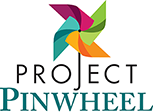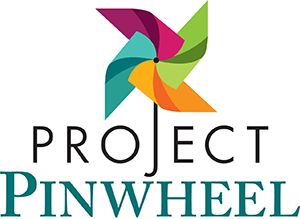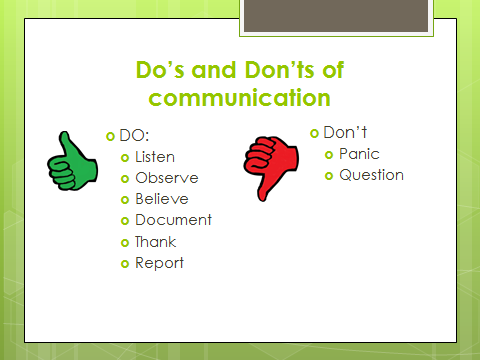Hearing a child’s disclosure of sexual abuse is hard. Responding in a way that promotes healing is even more difficult.
Your very first response should be to believe the child.
Remember, very few reported incidents of child sexual abuse are false. The child has taken a huge risk in telling you and has likely held on to the pain of their abuse for quite a while. Honor their voices by being attentive, compassionate and taking action.
Why don’t they tell?
Before getting into the specifics of how to handle a disclosure, it is important to understand how rare a disclosure is. It is estimated that only 7% of child sexual abuse cases are reported. That means that for every case that is reported, 13 more go unreported. Below is a list of reasons why a child might not tell:
- They may be afraid of not being believed or being judged.
- Shame, embarrassment, guilt, confusion.
- Threats by abuser to hurt them, their family or pet if they tell.
- Not know who/how to tell (most kids tell someone other than parent).
- They may not recognize that they have been abused (especially young kids).
- Afraid of what will happen (taken away from parents, break apart family).
Recognizing a disclosure
In addition to being aware to the barriers to disclosure, it is important to understand that recognizing a child’s disclosure might require “hearing between the lines”. Children will often speak of the abuse in an indirect manner such as:
- Asking questions about bodies, sexual interactions.
- Telling parts of what happened and pretend it happened to someone else.
- Accidentally let it slip and then deny it.
- Disclosing via their behavior (sexually explicit language/actions, self-injury, dramatic personality shift, acting out).


